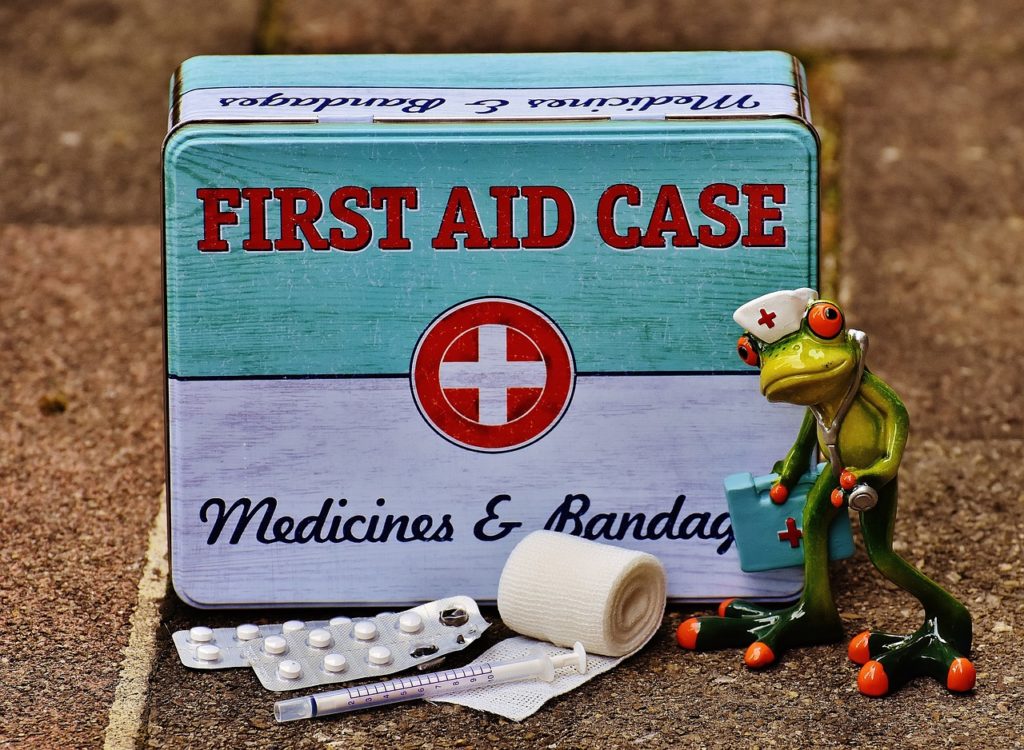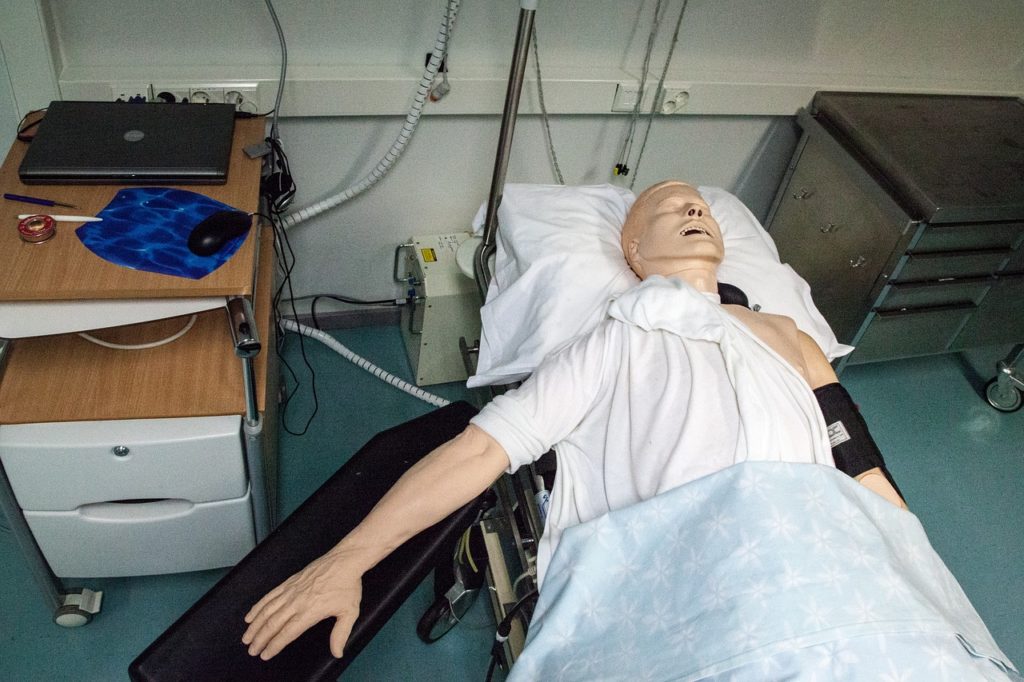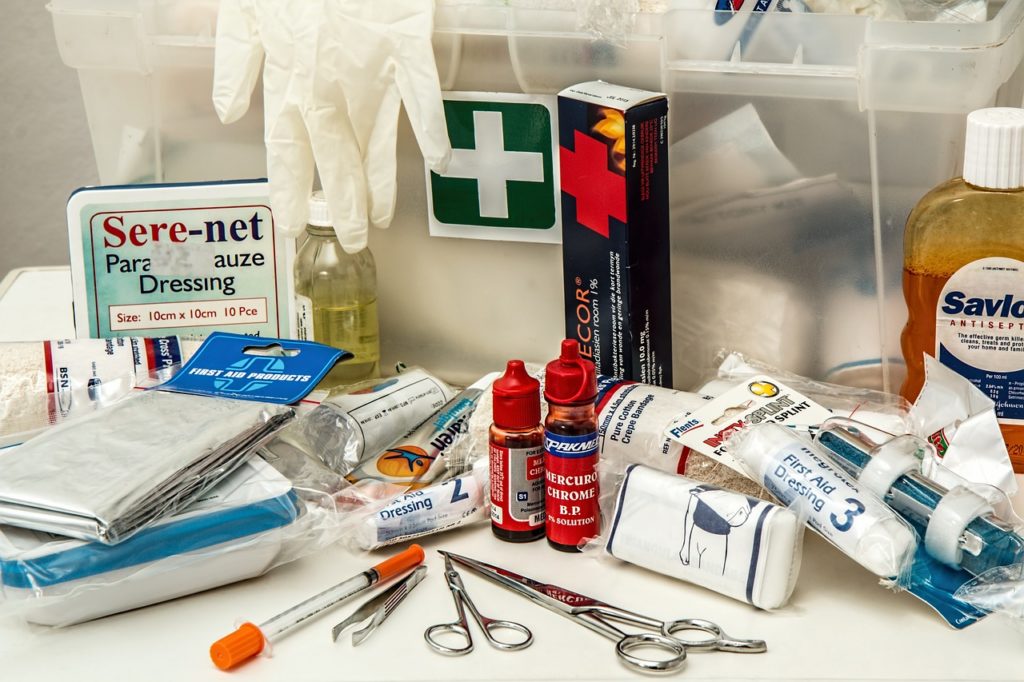
Emergency remedy, regularly called emergency medical care, is the instantaneous care given to individuals suffering from intense injuries or ailments. This kind of care is important in stabilizing sufferers, stopping further harm, and presenting a pathway to recuperation. The significance of emergency treatment can not be overstated, as it frequently makes the distinction among life and dying. This manual explores the numerous factors and significance of emergency remedy.
1. Immediate Stabilization
Preventing Deterioration:
- Quick Response: Emergency remedy aims to stabilize a affected person’s circumstance unexpectedly, preventing their health from deteriorating further. This is specifically critical in cases of severe trauma, cardiac arrest, stroke, or respiration distress.
- Vital Signs Monitoring: Continuous monitoring of essential signs inclusive of heart price, blood strain, and oxygen stages helps in making swift and accurate medical decisions.

2. Reducing Mortality and Morbidity
Saving Lives:
- Golden Hour: The idea of the “golden hour” in emergency medicinal drug emphasizes that the first hour after a traumatic damage is critical for successful remedy. Prompt emergency care at some stage in this era significantly reduces mortality rates.
- Advanced Techniques: Emergency treatment often includes advanced medical strategies together with cardiopulmonary resuscitation (CPR), defibrillation, and intubation, which can be important in life-threatening conditions.
Minimizing Long-Term Effects:
- Preventing Complications: Early and appropriate treatment can save you headaches that might rise up from untreated accidents or ailments. For instance, well timed intervention in stroke instances can prevent full-size mind damage and enhance recovery effects.
- Pain Management: Immediate ache remedy and control are provided to enhance affected person comfort and prevent shock.
3. Providing Specialized Care
Access to Expertise:
- Trained Professionals: Emergency remedy is provided by means of incredibly trained medical specialists, consisting of emergency physicians, nurses, and paramedics, who specialise in dealing with acute scientific situations.
- Specialized Equipment: Emergency departments are geared up with specialised clinical system designed to diagnose and treat a extensive variety of pressing health troubles.
Coordinated Care:
- Interdisciplinary Approach: Emergency remedy regularly involves a coordinated effort amongst numerous healthcare carriers, ensuring that patients receive comprehensive care tailored to their unique needs.
4. Enhancing Public Health
Disease Control:
- Infection Management: Emergency treatment plays a important role in dealing with and containing infectious sicknesses by supplying instant care and setting apart patients whilst important.
- Vaccination and Prevention: Emergency departments frequently serve as points of contact for preventive measures consisting of vaccinations and public health training.
Emergency Preparedness:
- Disaster Response: Emergency treatment is a essential aspect of catastrophe reaction and preparedness, presenting on the spot care to sufferers of natural failures, accidents, and other mass casualty activities.

5. Supporting Mental Health
Crisis Intervention:
- Mental Health Emergencies: Emergency treatment consists of addressing intellectual fitness crises, including extreme despair, anxiety, or psychosis. Immediate intervention can prevent self-harm and provide a pathway to long-term mental fitness help.
- Substance Abuse: Emergency departments frequently deal with instances of drug overdose and alcohol poisoning, imparting critical preliminary care and connecting sufferers to rehabilitation offerings.
6. Education and Training
Skill Development:
- Medical Training: Emergency departments serve as training grounds for clinical college students, residents, and different healthcare specialists, enhancing their skills and getting ready them for actual-global clinical demanding situations.
- Public Training: Many emergency offerings additionally have interaction in public education, coaching fundamental lifestyles-saving capabilities which includes CPR and first resource, empowering individuals to reply efficaciously in emergencies.
Conclusion
The significance of emergency remedy lies in its ability to offer rapid, lifesaving care that stabilizes sufferers, reduces mortality and morbidity, offers specialized clinical attention, complements public fitness, helps mental health, and contributes to education and education. By making sure that immediately and powerful care is to be had, emergency treatment acts as a essential lifeline in healthcare, playing an indispensable function in saving lives and enhancing health effects. The presence of nicely-geared up emergency services is a cornerstone of a sturdy healthcare gadget, underscoring the want for ongoing guide and investment on this vital vicinity.
